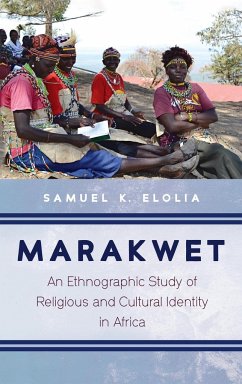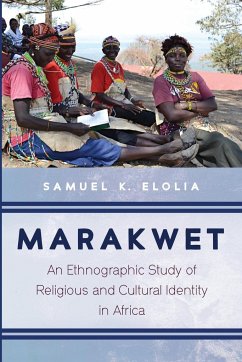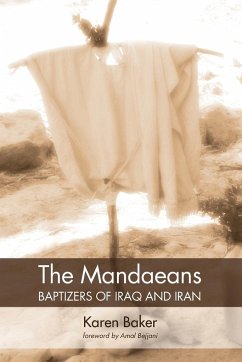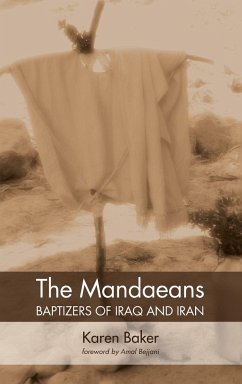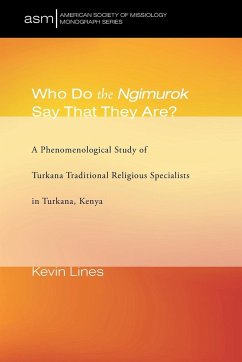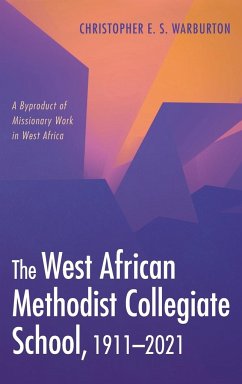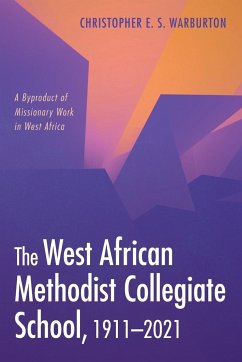This book attempts to provide an ethnography of the Marakwet and its encounter with colonizers and missionaries. The core of the book concerns the formation of the Marakwet person through the rites of passage. Indeed, cultural education is critical in establishing a socially mature identity. By virtue of repetition, humans connect to the past and create a continuum. Also, through rituals, the world is no longer an opaque mass of objects arbitrarily thrown together, but a living cosmos that can be intelligible and significant. It explains why things exist and to what ends. At the same time, through rituals, new ideas are given new interpretations. The missionary colonizing project unsuccessfully tried to dislodge such traditions. The African tradition is the context from which most Christians come, and to which many still practice to some degree. It is therefore necessary for both Marakwet and Christian tradition to interact. The book highlights the concept of inculturation as a viable resource in helping Christianity engage the culture with minimal disruptions.
Hinweis: Dieser Artikel kann nur an eine deutsche Lieferadresse ausgeliefert werden.
Hinweis: Dieser Artikel kann nur an eine deutsche Lieferadresse ausgeliefert werden.

